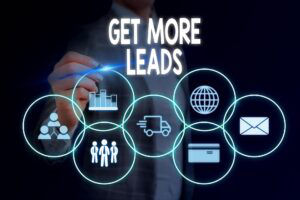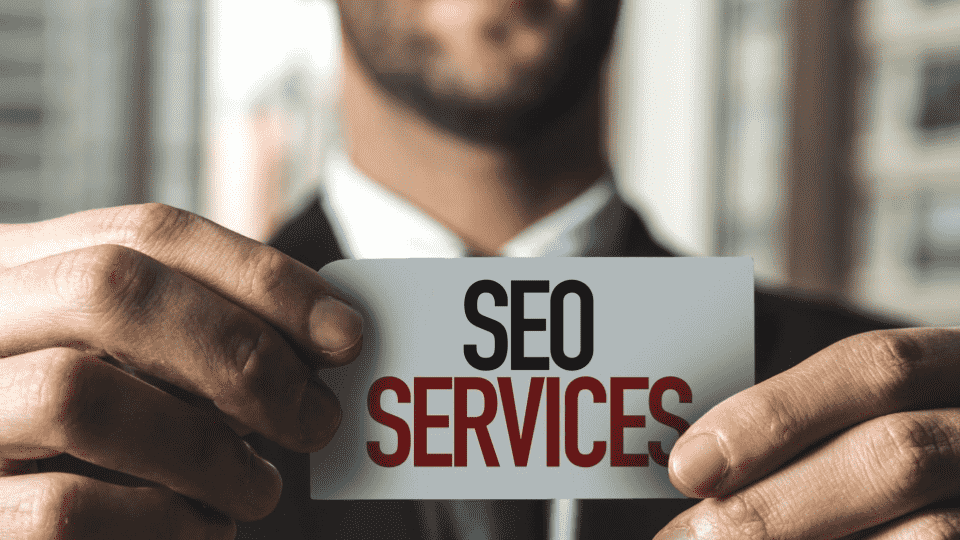Building Customer Relationships Through GPT-Driven Email campaigns
Imagine if you could send personalized emails to your customers, tailored to their preferences and needs, without spending hours drafting each one. With advancements in AI technology like GPT-3, this is now a reality for many businesses. But how can you effectively leverage GPT-driven email campaigns to automate your outreach and build stronger customer relationships? Let's explore the strategies and benefits of this innovative approach to enhancing customer engagement and loyalty.

What are GPT-driven Email Campaigns?
GPT-driven email campaigns leverage advanced artificial intelligence to personalize and optimize customer email communications. Utilizing AI assistants like Arvin Chat can create tailored messages that resonate with each individual, fostering stronger connections and driving engagement. Through the power of GPT, you can craft emails that feel like genuine conversations rather than generic promotions.
This personal touch significantly enhances the customer experience, making them feel valued and understood. These campaigns allow you to segment your audience based on their preferences, behaviors, and interactions with your brand. By sending targeted messages to each segment, you can ensure that your emails are relevant and impactful, increasing the likelihood of conversion.
How To Use ChatGPT for Email Marketing
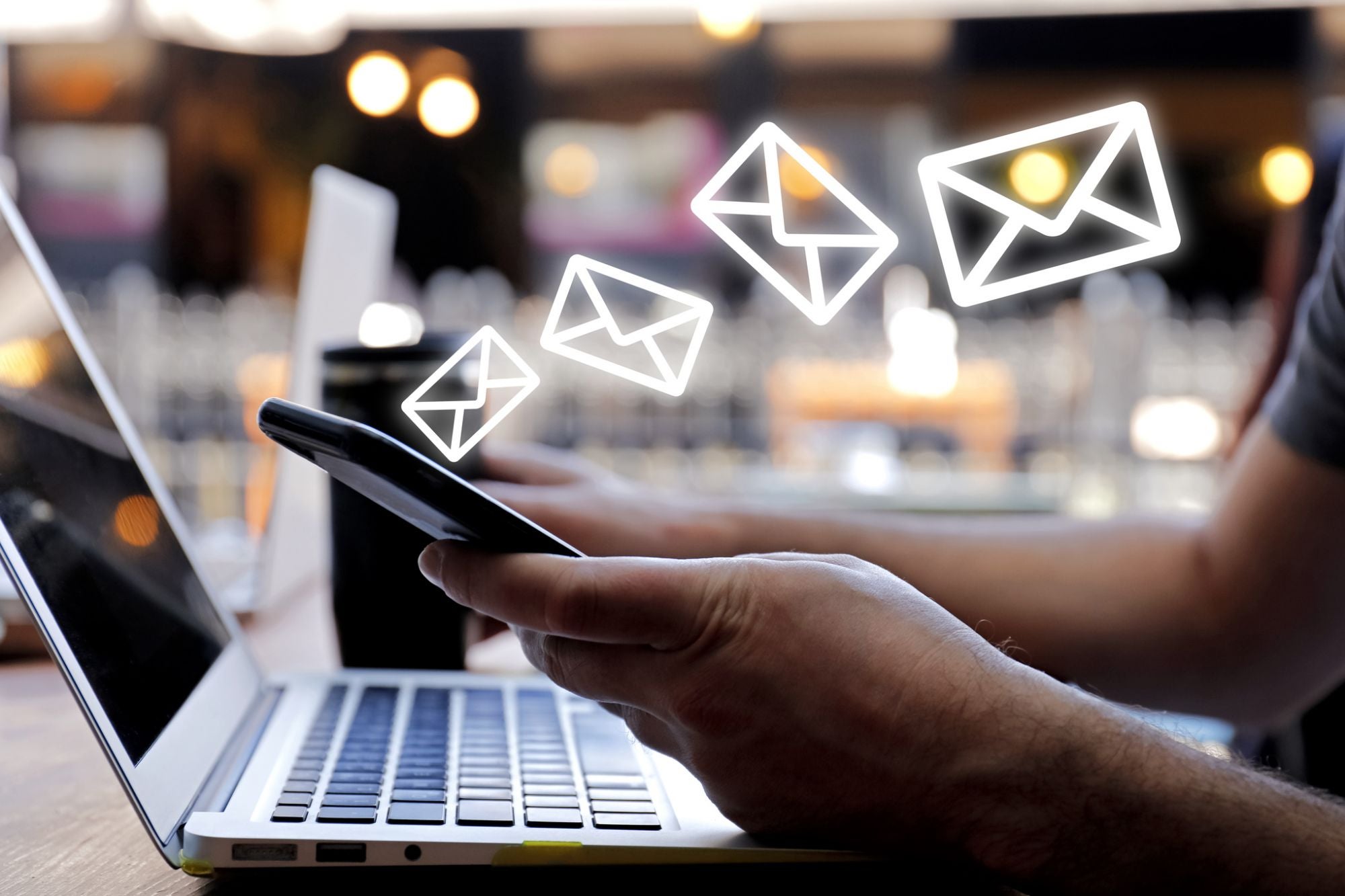
Here’s how to use ChatGPT for your email marketing campaigns:
1. Generate Email Content Ideas
Begin by providing ChatGPT with information about your target audience, product, or service, and any specific themes or topics you want to cover in your email marketing campaign. Ask ChatGPT to generate ideas for email content, such as newsletter topics, promotional offers, product announcements, or educational content that would resonate with your audience. Then, review the generated content ideas and choose the ones that align best with your marketing objectives and messaging strategy.
2. Draft Email Copy
Once you've chosen your email content ideas, ask ChatGPT to help you draft the email copy for your campaign.Provide the GPT with additional details or specifications, such as the tone of voice, call-to-action, or specific features and benefits you want to highlight.
3. Personalize Email Content
Since ChatGPT can now respond with spoken words, use ChatGPT to personalize your email content based on recipient data, such as name, location, purchase history, or browsing behavior. Incorporate personalized elements into the email's subject line, salutation, and body to make each message feel more relevant and tailored to the recipient.
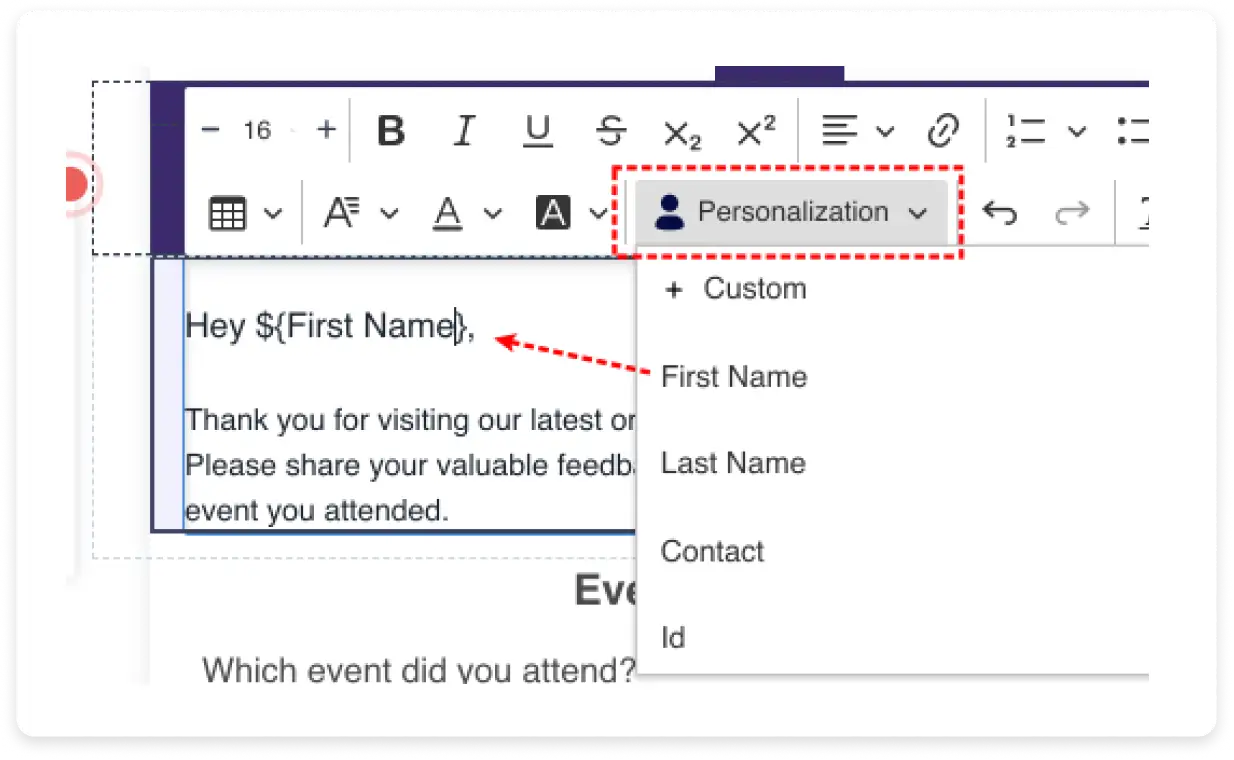
4. Optimize Email Performance
Ask ChatGPT for insights and recommendations on optimizing your email marketing campaign for better performance. Seek advice on email timing, frequency, subject line optimization, A/B testing, and segmentation strategies to improve open rates, click-through rates, and overall engagement.
5. Review and Iterate
Before sending out your emails, review the final drafts with ChatGPT to ensure accuracy, coherence, and effectiveness. Analyze the results of your email marketing campaign, including open rates, click-through rates, conversion rates, and other vital metrics. Based on the performance data, collaborate with ChatGPT to identify areas for improvement and iterate on your email marketing strategy for future campaigns.
Best Practices When Using ChatGPT for Email Marketing
1. Set Clear Objectives
Clearly define your email marketing objectives, whether it's to increase sales, boost engagement, drive website traffic, or build brand awareness. Master the art of goal setting and communicate these objectives to ChatGPT to ensure the generated content aligns with your goals.
2. Understand Your Audience
Provide ChatGPT with detailed information about your target audience, including demographics, interests, pain points, and preferences. This will help ChatGPT generate more relevant and personalized email content.
3. Maintain Brand Consistency
Ensure that the email content generated by ChatGPT reflects your brand's tone of voice, style, and values. Review the generated content to ensure consistency with your brand guidelines before sending it out to subscribers.
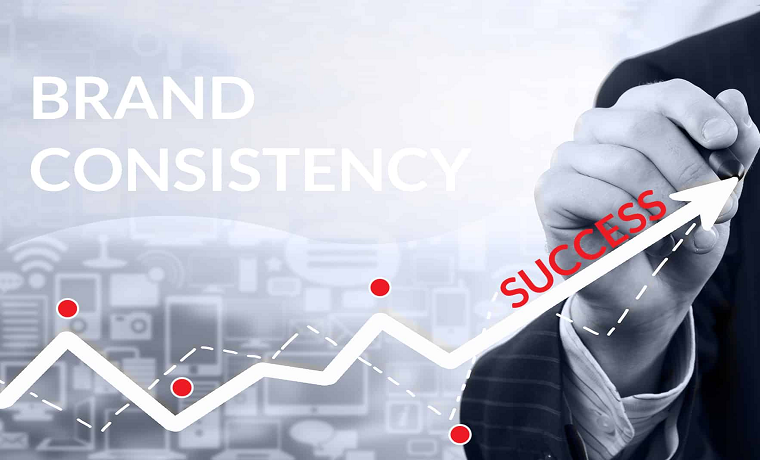
4. Segment Your Email List
Use ChatGPT to segment your email list based on demographics, purchase history, engagement level, and interests. Tailor the content generated by ChatGPT to specific segments to improve relevance and engagement.
5. Personalize Email Content
Leverage ChatGPT to personalize email content for individual recipients based on their preferences, behavior, and past interactions with your brand. To increase engagement and conversion rates, incorporate personalized elements such as the recipient's name, location, or past purchases.
6. Optimize Subject Lines
Pay special attention to the subject lines generated by ChatGPT, as they play a crucial role in determining whether recipients open your emails. Experiment with different subject line variations and test their performance using A/B testing to identify the most effective ones.
7. Include Clear Call-to-Actions (CTAs)
Prompt recipients to take action by including clear and compelling CTAs in your email content. Use ChatGPT to generate persuasive CTAs that encourage subscribers to click through to your website, purchase, or engage with your brand in other ways.
8. Monitor Performance Metrics
Track key performance metrics, such as open rates, click-through rates, conversion rates, and unsubscribe rates, to evaluate the effectiveness of your email marketing campaigns. Use ChatGPT to analyze performance data and identify areas for improvement.
9. Continuously Test and Iterate
Experiment with different approaches, messaging strategies, and content formats in your email marketing campaigns.Use ChatGPT to generate new ideas, iterate on existing content, and optimize your campaigns based on performance data and subscriber feedback.
Conclusion
By utilizing ChatGPT for email marketing, businesses can personalize their communications, engage with customers on a more personal level, and ultimately drive better results.
Remember to follow best practices and continuously optimize your email campaigns to ensure success in nurturing and retaining loyal customers.Start implementing these strategies today to see the positive impact on customer relationships.



